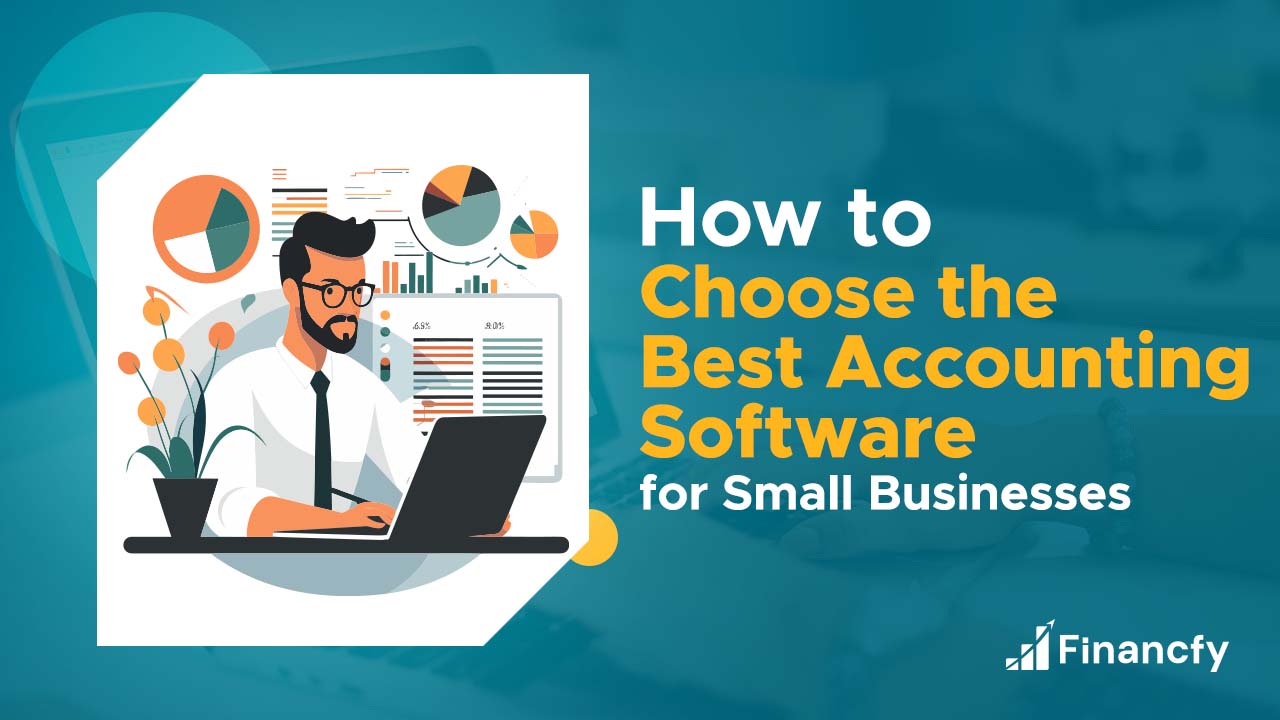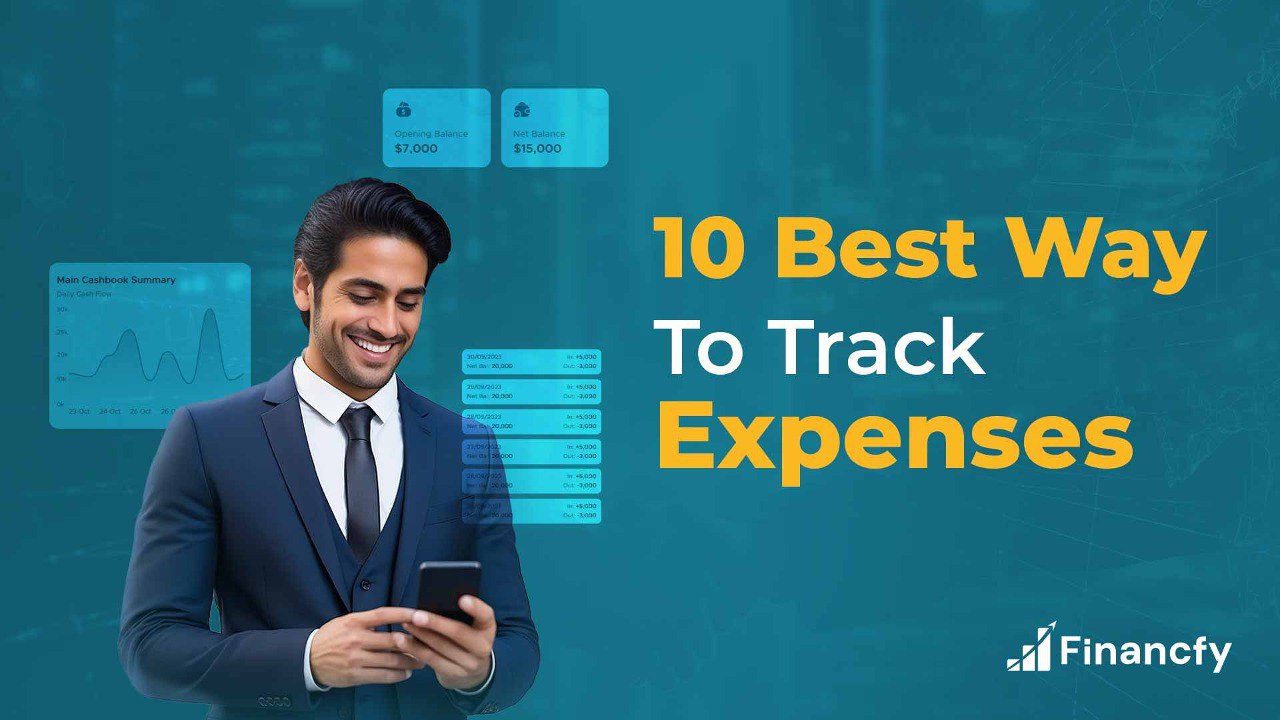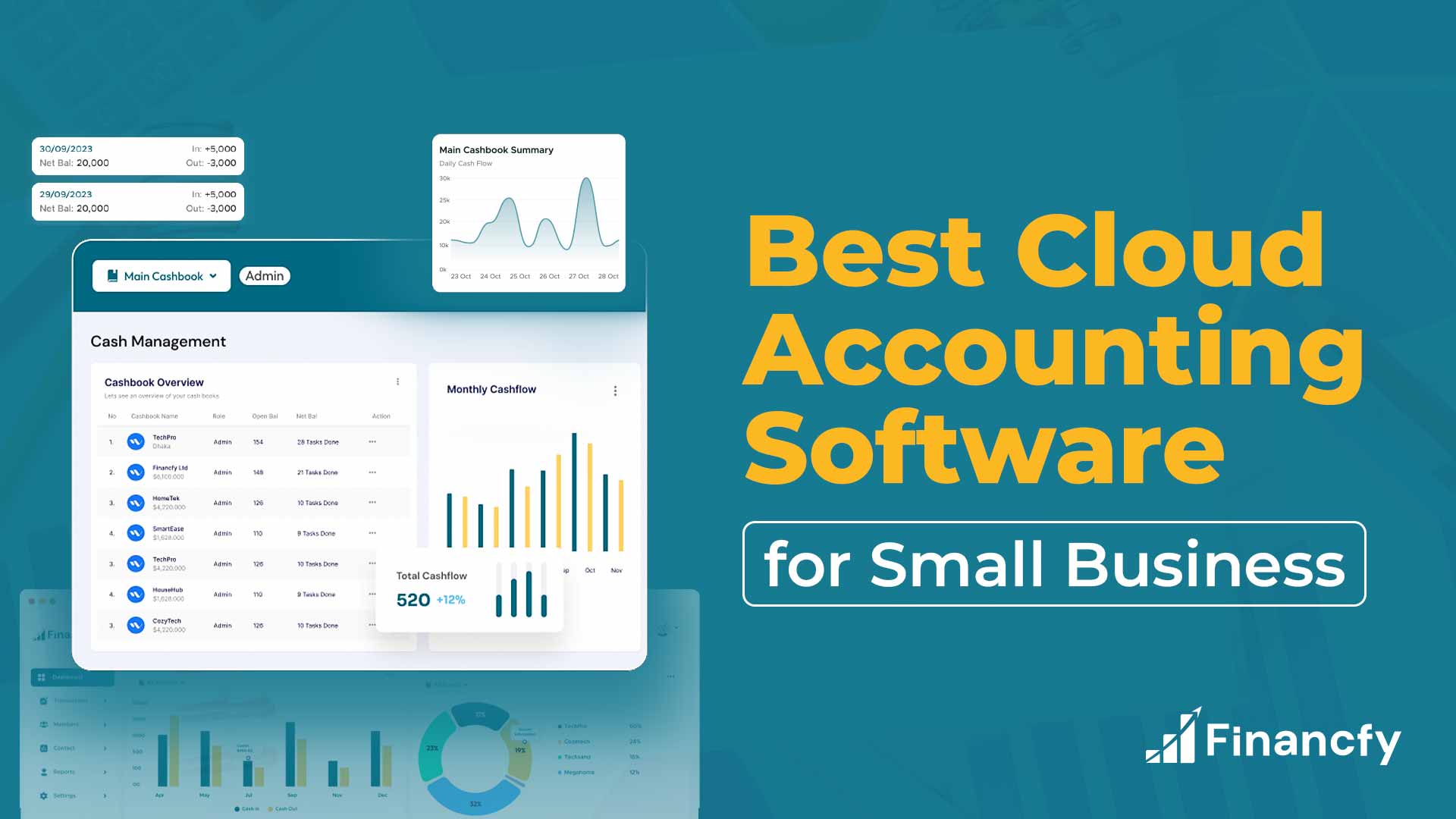Entrepreneurs, start-ups, and small businesses strategically manage cash, expense management, and profit or loss.
Digitizing the workload with the help of accounting software for small businesses would be fast-forwarding.
You may have been draining hours for selecting accounting software. To some point, you may be surfing Google— The best accounting software for small businesses.
To get rid of this concern the article would spotlight on the following areas-
- Key factors for the accounting software in small business.
- Importance of having accounting software.
- Useful tips and tricks on how to choose the best one considering your budget.
How to Choose the Right Accounting Software for Small Business: 8 Key Factors
Understanding these factors can significantly impact the financial processes of your business.
Whether you’re a startup or an established entity, these factors help you to make informed decisions using accounting software in small businesses.
Here, we’ll go deeper considering the factors for the best accounting software from a business perspective.
1. Identify Problems and Goals
Every task starts with a problem. First and foremost, note down the problems you are facing right now. Then set a goal.
What do you tend to achieve?
How does accounting software work to solve problems for your small business?
How do they offer cost-effective modules for bookkeeping and accounting tasks?
Suppose your goal is to lessen operational costs. You don’t want more labor in bookkeeping and accounting tasks. You want software and an accountant to do the rest.
2. Budget and Cost
Get a budget, then research the equivalent value regarding pricing, features, cross-border payment, and support. Remember, you must decide on the right accounting software within the budget constraints.
Ensure the accounting software manages fixed asset management, expense management, revenue management, accounts receivable, accounts payable, journal, sub-ledger, and reporting and analytics.
When considering the price factor, go for the testimonials or reviews from the users. Decide whether the accounting software is affordable or not.
3. Team’s Specialization
May your team be comfortable managing tons of spreadsheets. Introducing a new accounting software might seem challenging.
Even teams must be more welcoming in accepting bookkeeping and accounting software in your small business.
The basic functionality is easier to understand. However, making informed decisions and finding analysis requires expert professionals.
You need to hire professionals and a team who are welcoming to the new cloud accounting software. So accounting software can improve their productivity.
Nevertheless, burning time and effort are probable. It may also result in outsourcing the accounting task if the team needs more tech-savvy.
4. User - Friendly Interface
The best accounting software should be simple and have a simplified user interface.
The interface should have a dashboard that shows the company’s cash and expense management scenario.
Remember the integrated dashboard should include these things –
- Cash inflow and outflow
- Due invoices
- Bills to be paid
5. Available Features
Problems are replaced with the features. The features solve the problem and enable managing cash flow in the small business. The best accounting software entails features that are imperative factors to consider in small business accounting.
Features includes –
- Access to cloud accounting software
- Control over general ledger, financial statements, profit or loss, and balance sheet
- Reports on cash flow statements, cash situation reports, or reconciliation report
- Automated calculation
- Liquidity forecasting for both the short and long-run
- Integration to global payments
- Multi-currency
- Access to modification, restoration, and elimination of reports and data
- Manage bank-related activities
6. Bank Integration
For small businesses, online invoices and payments to vendors are pivotal for the business.
Having a personalized invoice is the way to go.
If the accounting software has access to the bank integration then it would be a plus for small business accounting.
7. Accrual Expenses Vs Accounts Payable
In accounting terms— accrued expenses are an amount of money that a business owes in a particular period. It records in its accounts but does not pay in that period. You must pay the bills as they have been consumed or received.
Let’s say you owed payment to vendors. The payment is incurred at the end of the month. Mistakenly, you didn’t pay the bills. There is a gradual increase in the amount of money during the normal course of time.
The main advantage is that you can see the total accrued expenses at any time.
Accrued expenses include –
- Wage/ Salary expenses
- Sales tax
- Rent expense
- Utility expense
- Goods or service payment
By contrast, accounts payable are short-term-based payments. This sort of payment will be paid shortly.
Accounts Payable includes –
- Supplies,raw materials delivered from suppliers and vendors
- Creditors
The best accounting software shows both accrued expenses and accounts payable.
These factors should be kept in mind in small business accounting.
8. Cloud Based Accounting Software
Cloud-based accounting software gives access to work where you are. Confidential data and figures are always backed up, even if the device is problematic.
It enables to –
- Easy access regardless of the region barrier.
- Accessible to a bookkeeper and an accountant.
- Data is backed up, easy to recover, and encrypted
- Real-time updates and syncing, ensuring that all users have access to the most current financial information.
- Scalable to accommodate growing business needs.
- Eliminates the need for on-premises servers, infrastructure, and maintenance expenses associated with traditional systems.
- Robust security measures, including encryption and regular backups, to safeguard sensitive financial data.
- Automatic updates ensure the users have access to the latest features.
Importance of Accounting Software
In the current scenario – the educated youth’s nature is to innovate and solve problems accordingly.
Business owners use accounting software for solving their small businesses’ problems, as it offers numerous advantages that contribute to efficient financial management and overall business success.
Here are some key reasons-
- SMEs are mostly run by youth and they know how the accounting software would save time and effort
- To keep finances organized and prone to recording error-free transactions.
- Journal entry, general ledger, double entry, and T-account may seem problematic in small business accounting.
- These types of accounting software can save hours and automate the process.
- Get rid of using a calculator for calculation. The right accounting software will do the rest.
- In small businesses, the labor force is a key factor for accounting software selections. There are types of accounting software that will allow the creation of personalized online invoices.
- Fianancfy accounting software will automatically generate the invoices’ logo, font, and template.
- In a tech-driven world, small businesses are adopting global interactions. Paperwork is outdated and flocking towards tech-driven business practices.
- In the modern world, small businesses are willing to become technologically sound.
Accounting Software Selection: Tips and Tricks
- When you are done with the factors to consider the right accounting software, see the proactive support of the service provider.
- Find out what are the key controls of your business. If you are a real estate contractor you need to have tight control of the project. You need to know what you’re spending on materials. Once you finish the project you get insights from the accounting software, on how much profit or loss you’ve incurred from the ongoing project.
- Accounting software eliminates the flaws of invoicing twice. Ensure invoicing is going directly to the accounting software. You can do it on the desktop without using excel templates and word documents.
- If you need customized accounting software solution then dedicate a healthy amount in the accounting package.
Financfy: The Best Accounting Software for Small Businesses
You can use Financfy for a cost-effective and feature-enriched experience.
It streamlines the financial aspect more easily. You won’t need much experience or training to operate the software.
Feel free to ask for the demo version of the accounting software.
Final Thoughts
Choosing the right accounting software for a small business might seem daunting.
Before making a decision evaluate the possible options, compare the package, how many users apply to the system, see the reviews and testimonials from the users, and easy-to-read reports that are sharable.
 See all features
See all features 

